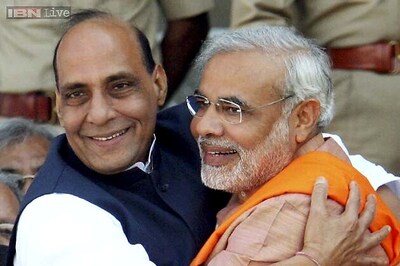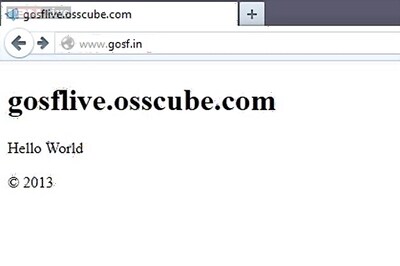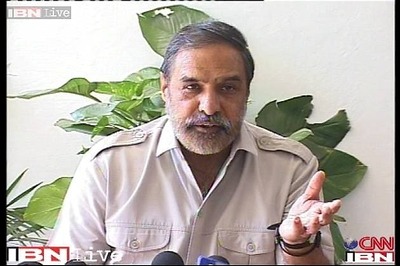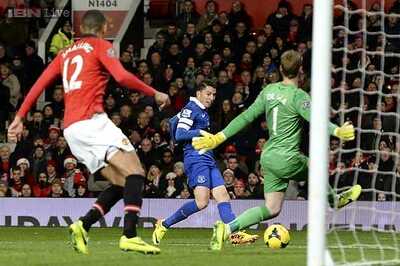
views
New Delhi: Progress of a society is gauged by the respect it gives to its children and women. Though disconcerting, the reality is that in the so-called progressive Indian society, the treatment meted out to children, especially girls, is far from being respectable.
Be it schools, homes or other public places, child abuse is a stark reality that many children are living with, silently. It’s also a reality that the Indian society has found difficult to accept and come to terms with. The abused are still stigmatised, and are often discouraged to come out in public to voice their dissent or lodge a complaint.
Shockingly, in most cases, it’s the parents themselves who avoid reporting the matter to the police. “It is vital to understand that it’s very traumatic for parents to come to terms with the fact that their child has been abused as most of them go into a denial mode,” Clinical Psychologist at Indraprastha Apollo Hospital in Delhi, Dr Ekta Soni, says.
The reactions of parents vary from numb shock to outright denial of the incident itself. “There are two ways in which parents deal with child abuse. They either convince the child to remain silent about it or dismiss the child’s allegations as figments of imagination. This happens because the Indian society still attaches a lot of stigma with child abuse, sexual or otherwise and parents do not want to face the social embarrassment and the rigmarole of legal recourse,” Dr Soni reasons.
Understanding the touch
Most of those abused are either minors - too young to understand the gravity of what happened to them - or girls, who are too reluctant to report abuse. Though many Delhi schools have introduced sex education as part of the curriculum, doctors assert the first lessons should always begin at home.
“Children should be given the basic sex education from an impressionable age. They should be able to tell the difference between a good touch and a bad touch. They must be encouraged to resist undue advances from members of opposite sex, whether elders or peers,” Clinical Psychologist at Escorts Heart Institute in Delhi, Dr Bhavna Barmi, says.
PAGE_BREAK
However, the onus of making the child feel protected and trusted still lies with the parents. “Give the child an environment of trust and faith, where he can feel free to talk about such topics. He must feel comfortable to approach his parents,” Dr Soni says.
Social Stigma and Shame
The practical difficulties of reporting the abuse prevent most parents and children from taking to a legal recourse. The dread of facing embarrassing questions, the never-ending legal rigmarole and social ostracisation are the main factors.
Doctors differ on how to deal with these situations. “Parents should leave it to the child to decide whether he or she wants the matter reported or not. After all, there could be an initial, understandable hesitation,” Dr Soni says.
CRY - 23096845 / 23098324 Yuva - 2414 3498 Prerana - 25905959
Chennai
Tulir Centre for Prevention and Healing of Child Sexual Abuse - 2620 7269 Indian Council for Child Welfare - 2626 0097 Sneha - 2835 2345 CRY - 2467 1828
Kolkata
Thoughtshop Foundation 24176128 CINI Asha - 22452705
However, Dr Barmi feels that it’s important the parents wake up to the reality of child abuse and make them realise that it’s a violation of their dignity. “Not reporting the incident is as criminal as the incident itself. By not reporting it, parents become a partner in crime. They must take a stand, not only to bring justice to their child, but also to the society as a whole,” she says.
It’s also to be understood that there’s no one mitigating factor behind child abuse. It’s a combination of multiple factors like family environment and history, child’s conditioning and the societal structure. The tricky part lies in handling the children who have been abused.
“Do not blame the child. Don’t hold him responsible for the incident. Remember, he has undergone much trauma and needs support, not a cold-shoulder,” Dr Soni says.




















Comments
0 comment